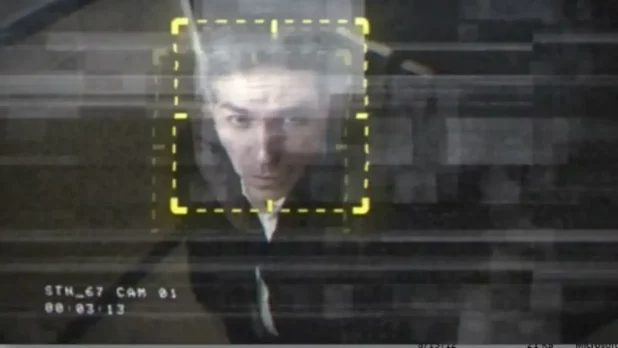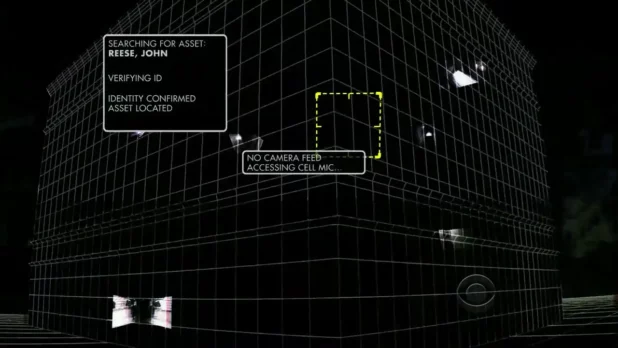Here’s a real AI threat – they’re going to link every single CCTV camera in the Western world and track you in real time everywhere you go.
Again, it’s not the AI that’s the threat, it’s the people using it.
Police will use live facial recognition technology in Cardiff during the Beyoncé concert on Wednesday, despite concerns about racial bias and human rights.
The technology will be used in Cardiff city centre, but not at the stadium, to “support” the artist’s concert at the Principality stadium by identifying wanted individuals and ensuring safeguarding, South Wales police said, as the artist kicks off the UK leg of her first solo headline tour in seven years.
A spokesperson for the force said the technology would be used in the city centre, not at the concert itself. In the past, police use of live facial recognition (LFR) in England and Wales had been limited to special operations such as football matches or the coronation, when there was a crackdown on protesters.
Daragh Murray, a senior lecturer of law at Queen Mary University in London, said the normalisation of invasive surveillance capability at events such as a concert was concerning, and was taking place without any real public debate.
“I find it very hard to believe that it could be useful at a concert, or at a rugby match,” said Murray, who has studied the Metropolitan police’s use of LFR. “But given the really significant interference with human rights, I think it’s up to the police to provide a really compelling argument as to why it’s necessary.”
With live facial recognition technology, it is typically a standalone deployment where, using cameras, police scan passersby to match biometrics against those held on a watchlist.
South Wales police last used the technology for the FIM Speedway Grand Prix held at the same stadium in August 2022. The event, which scanned 20,929 people against a watchlist of 245 images, produced no alerts, actions or arrests, according to the force.
Murray said the technology had dangerous effects on modifying behaviour and, in turn, democratic processes such as protests or political opposition.
“I think things like live facial recognition are the first step, but I think they’re opening the doors to the use of permanent facial recognition across city-wide surveillance camera networks,” he said.
It’s going to be more than city-wide, my friend.
There is zero reason it would not be established across the entire Anal Empire.
They are actually planning this.
 Daily Stormer The Most Censored Publication in History
Daily Stormer The Most Censored Publication in History





